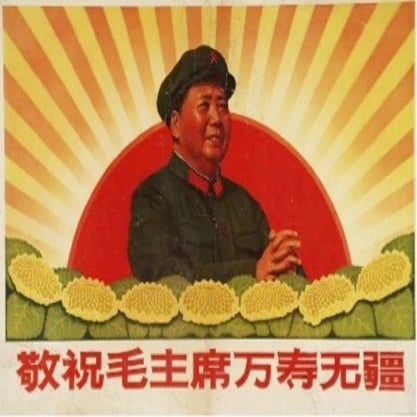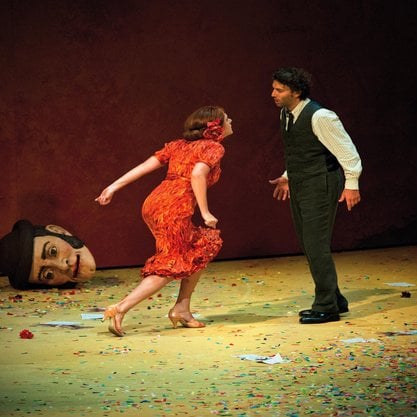Article
Bharati, Dharamvir (1926–1997) By Pandey, Rakesh
Article
Dharamvir Bharati was one of the most versatile literary figures of modern Hindi Literature in independent India. Born on 25 December, 1926 in a Kayastha family in Allahabad in North India, Bharati grew up witnessing one of the most creative phases in the field of politics, education and literature during late colonial era of which the city was a central node. Bharati majored in Hindi literature at the University of Allahabad (gaining an MA in 1946 and a Ph.D in 1954) and devoted himself to researching mediaeval literary traditions of the Siddhas, a Buddhist Vajrayan sect. He later joined the same university as a lecturer before moving to Bombay in 1960 as the editor of the Hindi weekly Dharmayug, a position which he held until 1987.
Bharati’s wider literary reputation rings the name of the play Andha Yug (1954), based on the episodes of the Mahabharata, and two novels, Gunahon Ka Devata (1949) and Suraj Ka Satwan Ghoda (1952), capturing the themes of his city’s social life. Later Bharati earned a unique reputation as a writer-editor who nurtured a new style of journalistic writing in Hindi.



